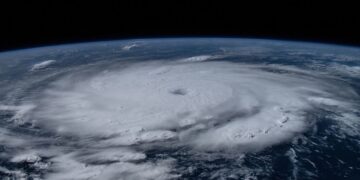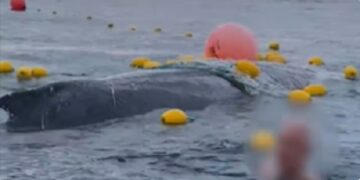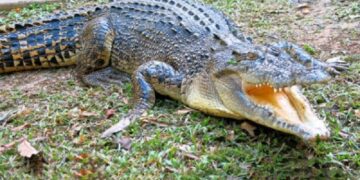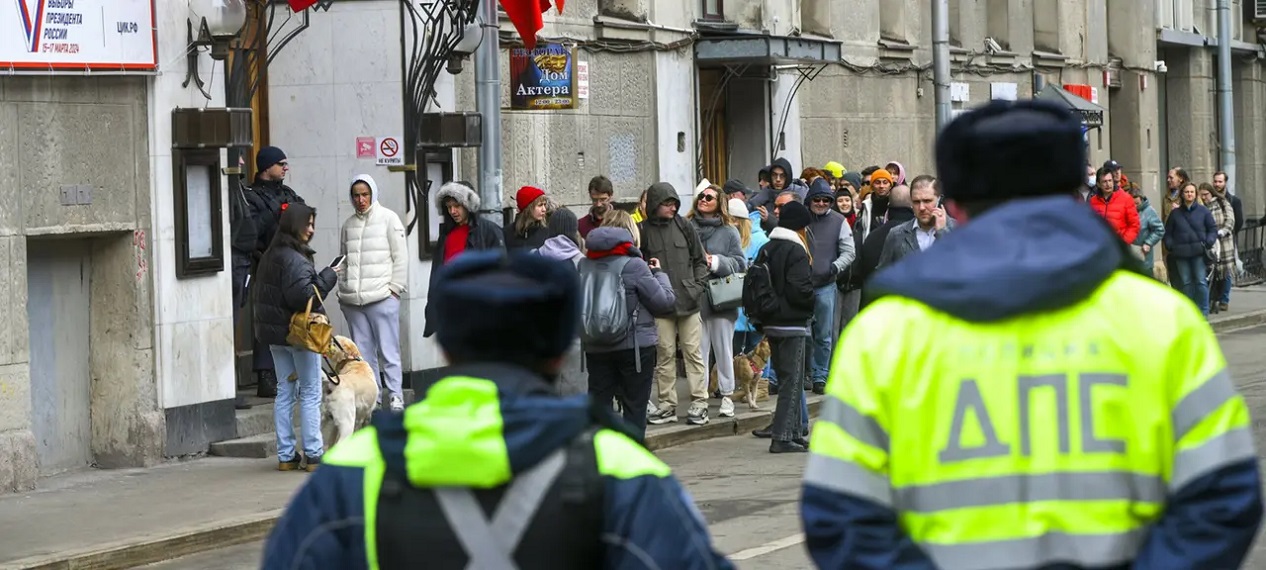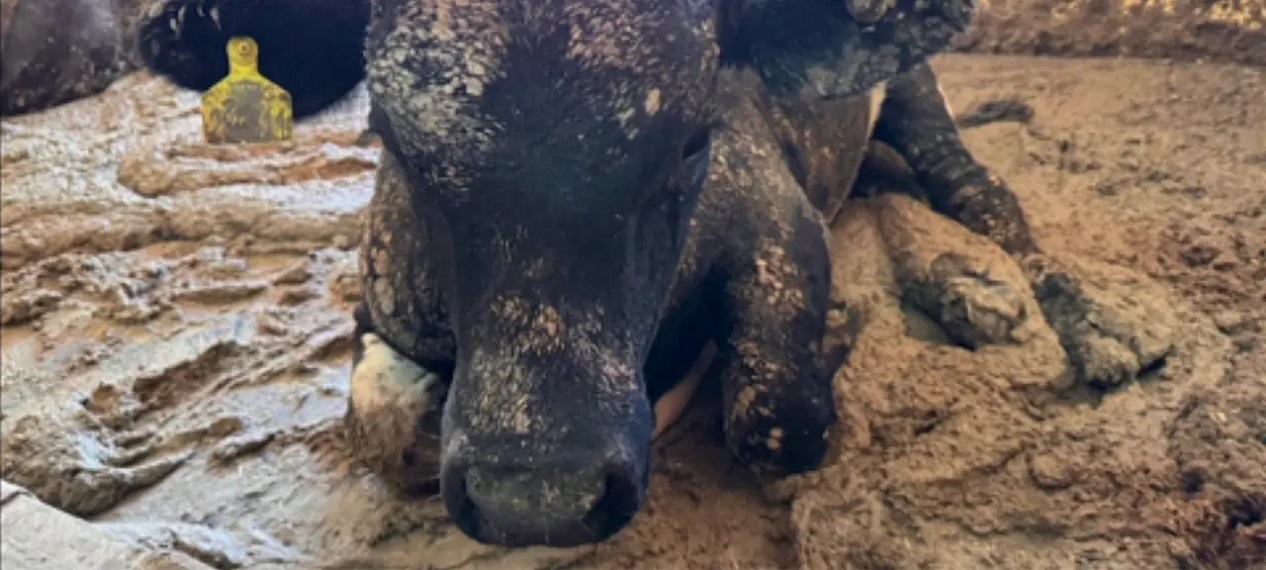 A massive animal transport in Cape Town, South Africa, has ignited criticism as a ship carrying 19,000 cattle docked at the port. Animal rights activists expressed outrage over the cruel conditions endured by the animals on board, while local residents voiced complaints about the overwhelming stench emanating from the vessel.
A massive animal transport in Cape Town, South Africa, has ignited criticism as a ship carrying 19,000 cattle docked at the port. Animal rights activists expressed outrage over the cruel conditions endured by the animals on board, while local residents voiced complaints about the overwhelming stench emanating from the vessel.
Criticism of Huge Cattle Transporter in Cape Town
In the South African city of Cape Town, a massive animal transport has sparked criticism. A ship carrying 19,000 cattle had docked there. Animal rights activists lamented the cruel suffering on board, while residents complained about the stench.
Thousands of cattle standing deep in their own excrement – for two and a half weeks. This was the scene that greeted animal rights activists on a freighter in the South African city of Cape Town. The ship docked at the port, which is directly adjacent to the city center, on Sunday and triggered sharp criticism.
According to the city administration, there are around 19,000 animals on board the vessel, on their way from Brazil to Iraq. Brazil is the world’s largest exporter of beef.
Animals standing deep in excrement
The South African animal protection organization NSPCA (National Society for the Prevention of Cruelty to Animals) sent a specialist on board the “Al Kuwait” to assess the animals’ condition. In their subsequent statement, the organization highlighted “the terrible conditions” the animals had been in for two and a half weeks.
The animals are reportedly standing deep “in feces and ammonia.” Images from the ship show cattle nearly covered in excrement. “The smell on board is unimaginable,” said the veterinary advisor for the organization, Bruce Marock.
Criticism from animal rights activists
The German animal welfare foundation Four Paws pointed out that the animals not only suffered from poor hygienic conditions and the stench – weeks-long live animal transports are generally a torment for them.
Animals from Germany are also regularly transported on ships – for example, across the Mediterranean towards North Africa. According to Nadine Miesterek from Four Paws, a draft of a new transport regulation proposed by the EU Commission still allows for “cruel transports of animals” to continue.
Live transports are cheaper
According to the Federal Agricultural Information Center (BZL), animal transports from Germany to non-European countries are increasing – sometimes as far as the Middle East. But why are animals sometimes transported thousands of kilometers alive to be slaughtered there, when they could also be slaughtered in Germany and spared the long journey?
One of the main reasons, according to BZL, is simply that it costs less money. It would be possible to export only the meat – “the problem is that transporting live animals is usually cheaper than transporting meat that needs to be transported in special refrigerated trucks.”
Cape Town residents complain about odor
The huge ship with the cattle on board also caused a stir among the residents of Cape Town. On Monday, the city with five million inhabitants and its surroundings smelled strongly of manure. The city administration initially assumed that the odor was coming from a malfunctioning sewage system in Cape Town. It was only several hours later that the authorities attributed the cause to the ship transporter.
The ship has since departed and is now on its way to Iraq. For the residents of Cape Town, the problem has been resolved – but the animals are likely to continue lying in their excrement until they reach their destination.


